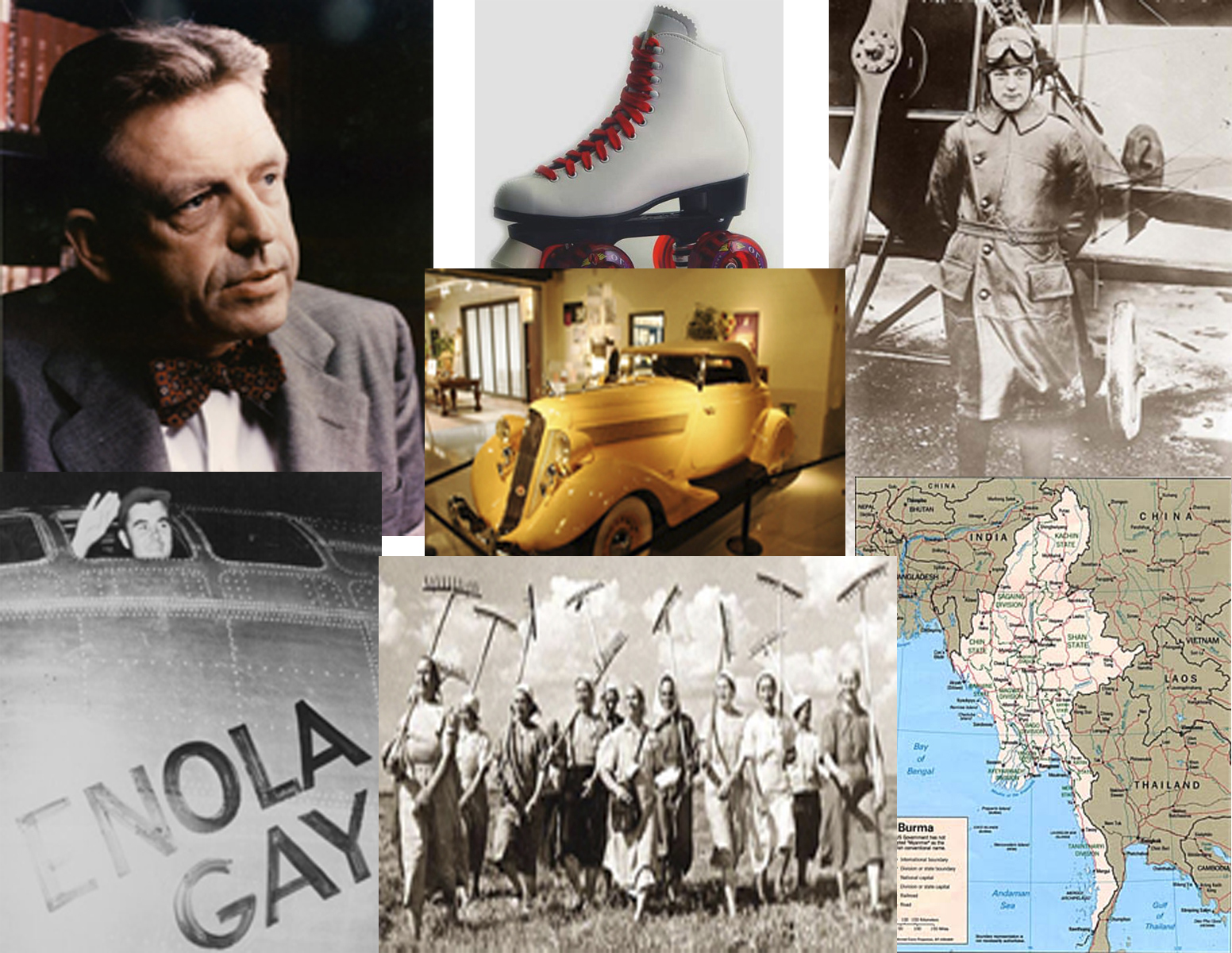31. History of Indiana, 1971-1980 11 Interviews
Indiana University Center for the Study of History and Memory
The interviews in this project deal with the history of Indiana, from specific counties, organizations, and institutions to individual residents' memories and experiences. Some of the topics covered include state prisons, education in Indiana, the Lutheran Church in Indiana, and the history of several towns and counties in the state.

